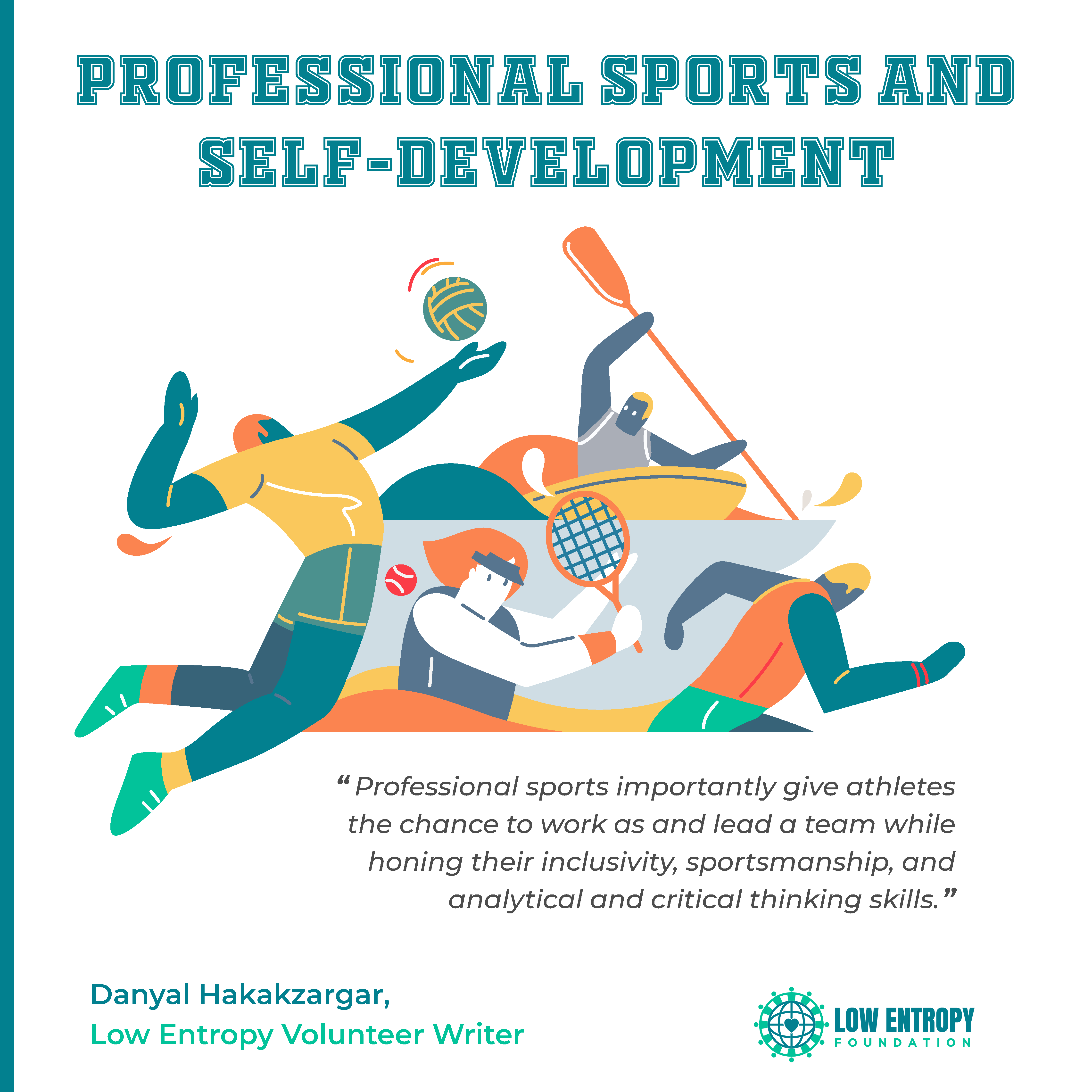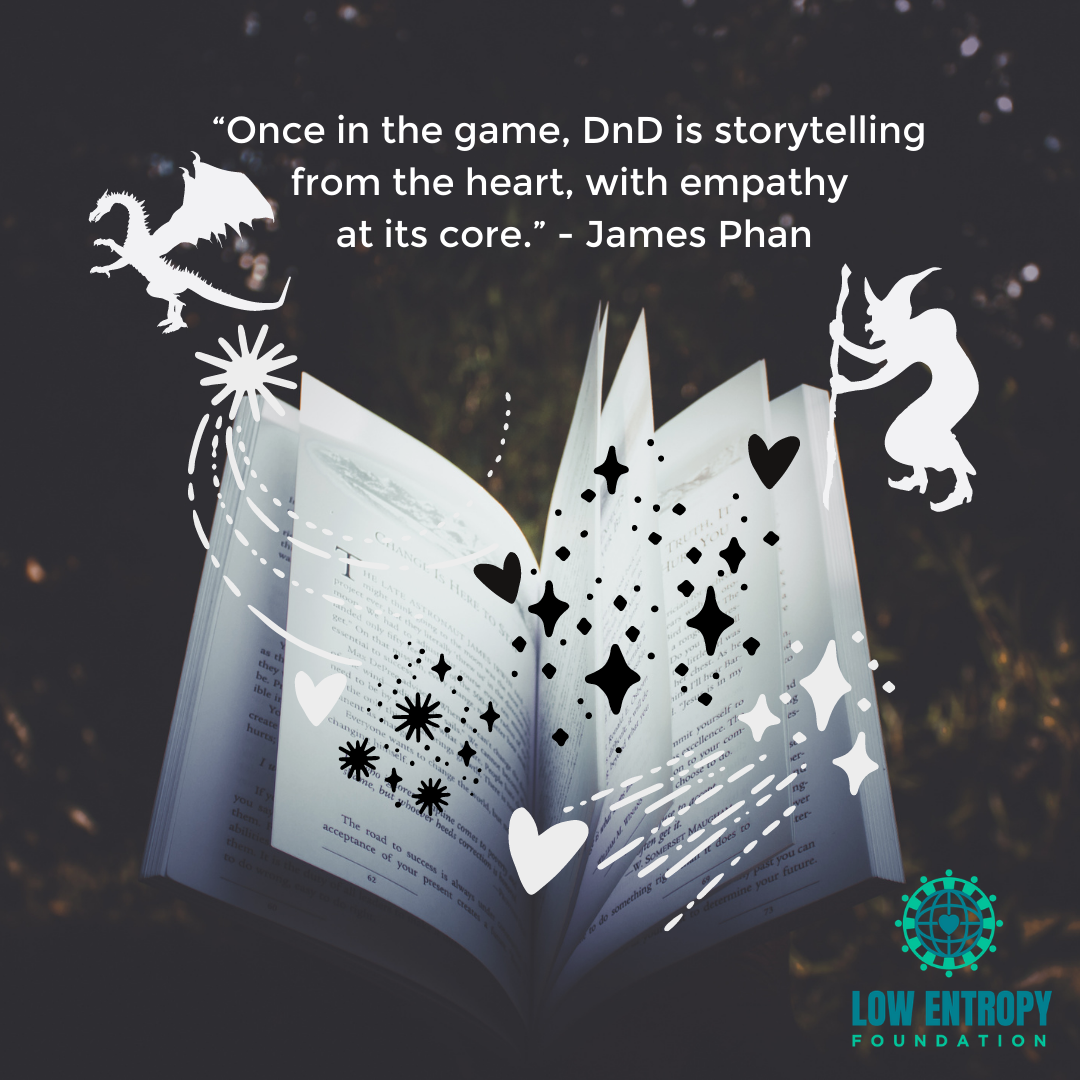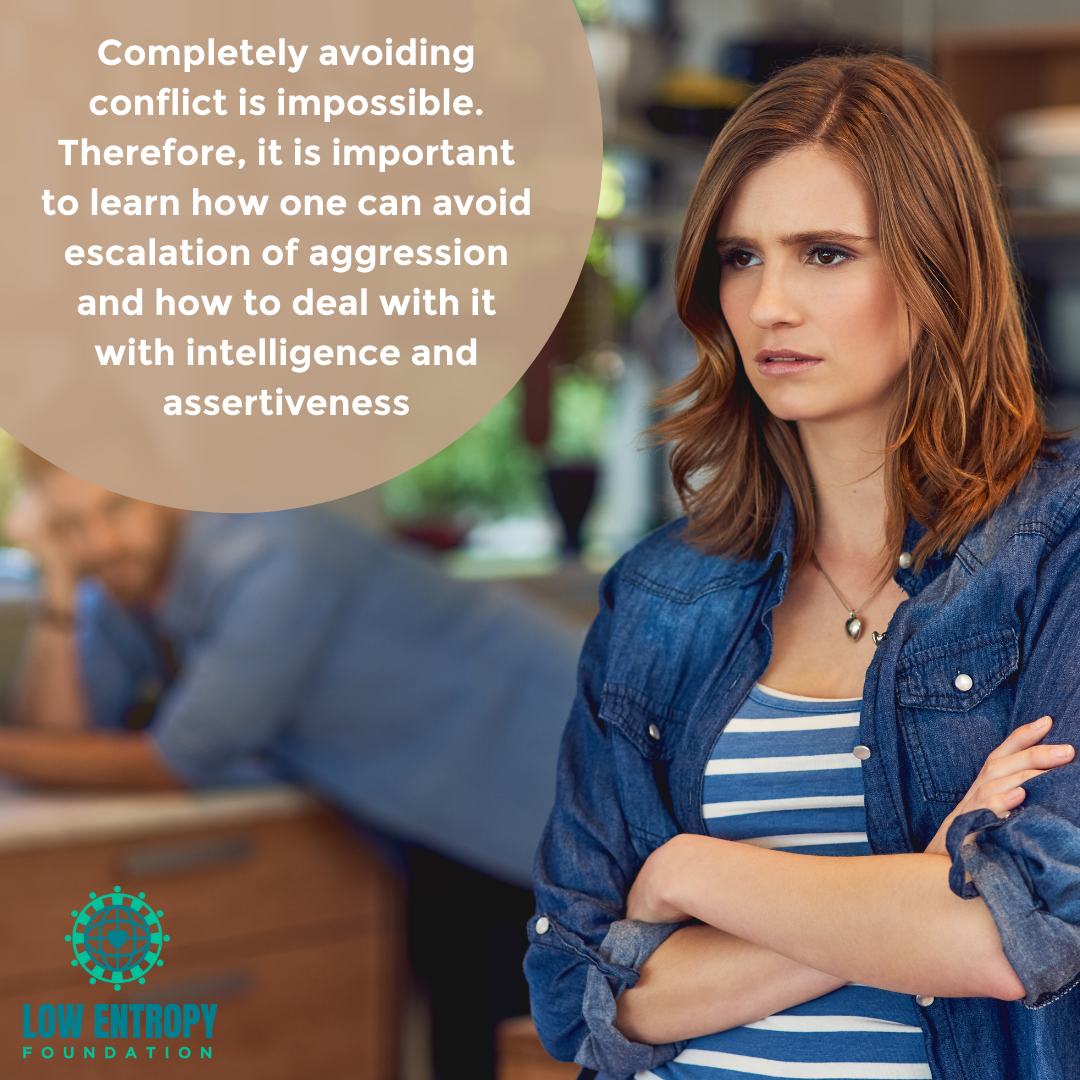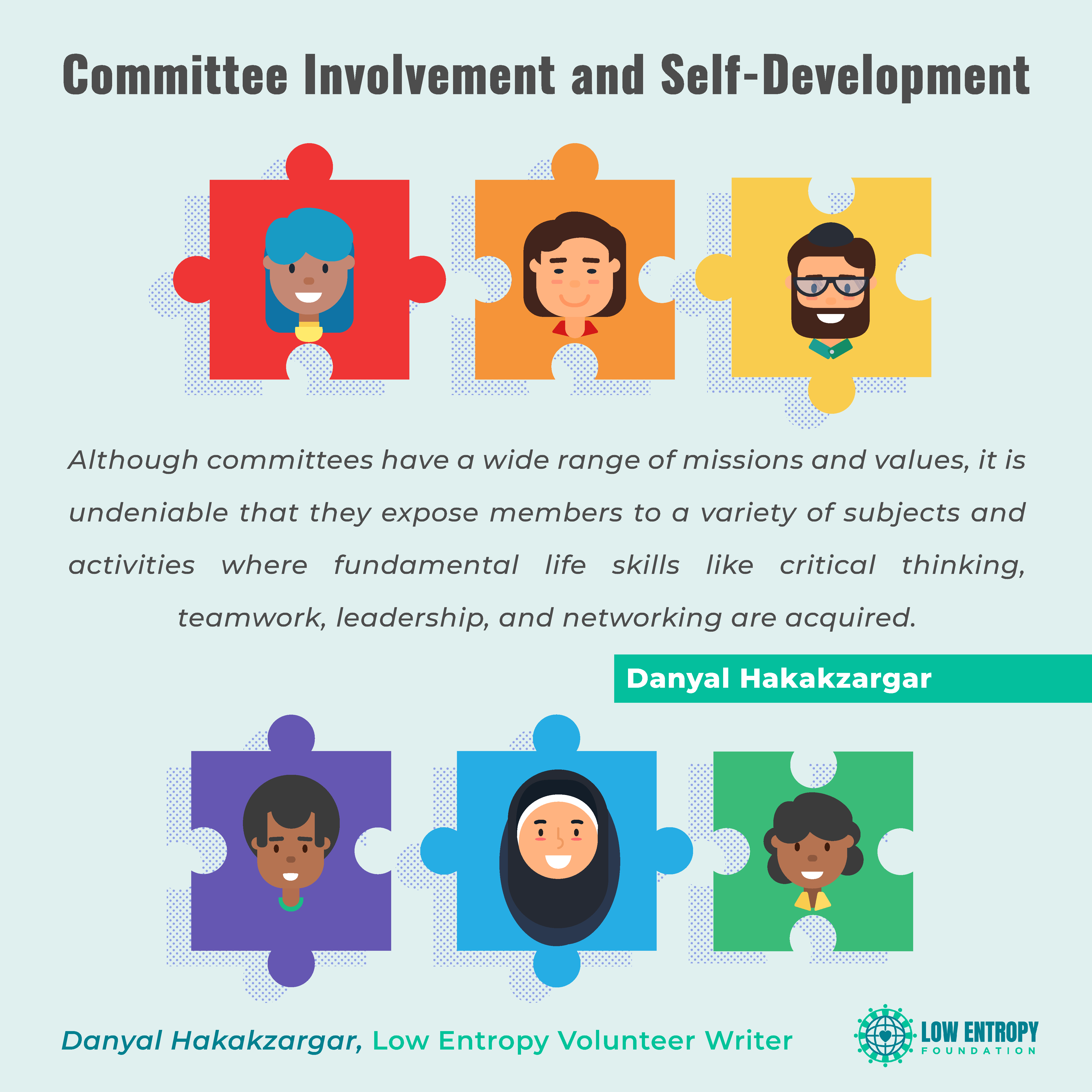Professional Sports and Self-Development
August 25, 2023

Danyal Hakakzargar, Low Entropy Volunteer Writer
- Inclusion and Equality
Professional sports can range from solo events with no teammates, like swimming and golf, to team sports with many teammates, like baseball and soccer. Being inclusive and providing each member with an equal chance to grow and succeed is crucial. Due to the lack of respect or perceived equal value among teammates, sports teams frequently fail to prevent and manage internal problems. Teams benefit from a cohesive mentality since they frequently include players of all skill levels, from amateurs with limited experience to professionals with extensive experience. The leading sports teams can anticipate conflicts and resolve them before they become heated or disruptive to the team.
- Teamwork
Professional sports are competitive team activities where athletes must cooperate with coaches, trainers, and other team members. Athletes learn unity, productivity, and teamwork in a setting that also calls for passion and loyalty, whether they compete individually or as a team. For instance, to defeat other teams, soccer players must work with all team members, whereas weakly unified teams frequently succumb to pressure. Each athlete brings experience and values which play an essential role in achieving the team’s objective. Teamwork can be applied to collaboration and problem-solving, similar to leadership and discipline.
- Leadership and Discipline
Sports also help to develop leadership qualities by teaching athletes respect, constructive criticism, and discipline in addition to teamwork and collaboration. A strong leader is aware of the advantages and weaknesses of their team members and encourages them to strengthen their areas of weakness while remaining open to self-improvement and constructive criticism. While some team captains have commanding and domineering personalities, the most effective ones exhibit tenacity and comprehension of both their players and the game. Importantly, leaders often initiate and uphold professionalism, respect, and discipline within the team. Leadership skills and discipline can be commonly used for logical thinking, decision-making and problem-solving.
- Healthy Living and Consistency
Professional sports promote a healthy lifestyle that emphasizes consistency, balance, and agility in addition to individual and team skills. A healthy lifestyle, albeit subjectively defined, typically entails a consistent routine of sports or activities to maintain fitness, a balance of time spent on work, school, people, and other activities for mental and emotional health, and flexibility in adjusting to life’s changes. Staying fit not only improves one’s physical and mental well-being but also helps one concentrate and reduces stress. Generally, about 150 minutes of moderate-intense physical activity a week can reduce the risk of chronic conditions like type 2 diabetes, heart disease, many types of cancer, depression, anxiety, and dementia.
- Sportsmanship and Respect
Professional sports promote competition, passion and loyalty which can often diminish respect and dignity between team members and opponents, which harms its beneficial implications. Professional and sagacious mentally train to maintain sportsmanship and respect even in the most heated moments of the competition. While competition is the key factor in creating excitement and thrill, constructive competition can often take matters out of hand, resulting in players suffering critical physical or psychological injuries. Thus, athletes must de-escalate matters and try their best to help their opponents, such as marathon runners carrying injured runners to the finish line. These skills can be used to manage and prevent conflicts as well as boost unity within teams.
Professional sports can foster rivalry, fervour, and loyalty, which can impair their positive effects by eroding respect and dignity amongst teammates and rivals. Even in the most heated parts of the competition, wise and professional athletes psychologically train to retain sportsmanship and respect. While competition is the primary driver of thrill and excitement, healthy competition can frequently spiral out of control and cause serious bodily or psychological harm to players. As a result, athletes must diffuse the situation and make every effort to assist their rivals, such as when marathon runners carry injured competitors to the finish line. These abilities can be used to handle and avoid disputes as well as increase team cohesion.
- Analytical Skills
Athletes heavily practice analytical skills and require the rapid ability to collect, thoroughly analyze and remember information. Professional sports demand athletes to consistently train their visual, processing and problem-solving skills based on the information collected in almost immediate sequences depending on the speed of the sport. For example, tennis players commonly target their opponent’s backhand or forehand more often as they have analyzed their weaknesses and can use them as an advantage. The efficient analysis also allows athletes to recognize and adjust to changes using previous training and immediate judgment in addition to critical thinking. Analytical skills can be used for brainstorming, creative thinking and problem-solving.
- Critical Thinking and Conflict Management
Professional sports put athletes under a lot of stress, but they also help develop their critical thinking and conflict management skills. In addition to internal conflicts, obstacles, and risks, critical thinking can be applied to sports and competitions. For instance, to avoid serious injuries, athletes must be aware of their limitations and alert their coaches of any mental or physical issues they may be having. To avoid harm to the athlete and team, coaches must similarly consider the athlete’s condition and make appropriate choices. These decisions are often immediate yet crucial, underscoring the value of intelligence and skill development.
Professional sports importantly give athletes the chance to work as and lead a team while honing their inclusivity, sportsmanship, and analytical and critical thinking skills.
–
Danyal is a fourth-year criminology and business student at Simon Fraser University with a keen approach to business lawyering, authoring articles about various topics including self-development, education and conflicts.
One thought on “Professional Sports and Self-Development”
Leave a Reply
GET INVOLVED
At Low Entropy, we believe changing the world starts with changing ourselves.
Founded in 2015, Low Entropy Facilitates conversations that encourage diversity and promote inclusivity.
We understand that life can be confusing at times. It can seem challenging and sometimes you may feel like no one really “gets you.” We offer an opportunity to connect with others who have the capacity to understand you.










I love how informative and well-researched your blog posts are. They provide valuable insights and make complex topics easy to understand.